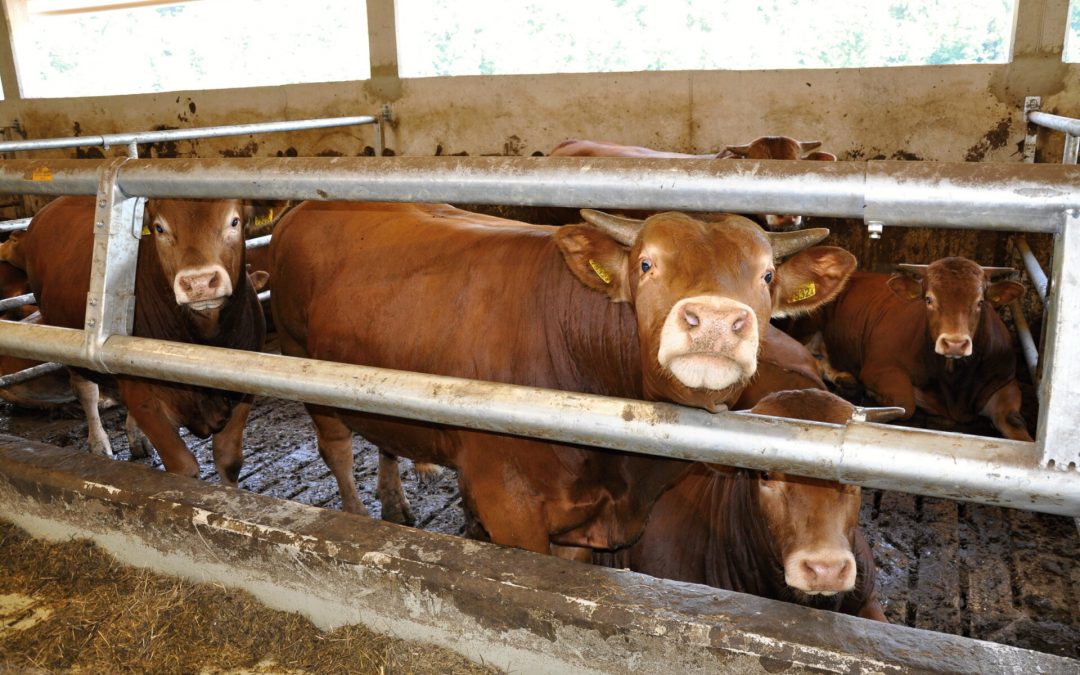Another case of the contagious bluetongue virus has hit a Danish sheep and cattle herd.
This is reported by the Danish Veterinary and Food Administration on the social media platform X.
This is just a few days after the administration confirmed the first Danish case of the ruminant disease in 15 years.
It is a herd of 14 sheep and 6 cattle in Varde that is affected and is now under public supervision.
Bluetongue does not infect humans, but it can be deadly for cattle, sheep, goats, and deer. Infected animals can show symptoms such as fluid accumulation in the head, sores in the mouth, lameness, abortions, and a blue discoloration of the tongue in sheep – hence the name bluetongue.
The disease is described as long-lasting and painful, and according to the Danish Veterinary and Food Administration, euthanasia is often the only viable option.
“The development is unfortunately as we expected”, says unit manager at the administration Mette Kirkeskov Sie in the post on X.
She stresses that everyone who has ruminants should be aware of the symptoms of the disease and contact a veterinarian if they suspect that one or more of their animals are infected.
The Danish Veterinary and Food Administration expects more cases of the disease in the coming period, it further states.
The virus is transmitted by midges, which are small insects that bite the animals. Among other things, the insects can be controlled with sprays, according to the Danish Veterinary and Food Administration’s website.
Spread of the disease can also occur through semen and transmission from cow to calf if the cow becomes infected while pregnant.
The disease can be costly for livestock owners. There is no compensation for business losses or culled animals if the disease strikes a herd.
Earlier this year, the Danish Veterinary Consortium assessed that the disease would likely hit Denmark. This assessment was made after a particular variant of bluetongue had affected ruminants in Germany, Belgium, England, and the Netherlands.
The last two outbreaks mean that Denmark loses its international status as bluetongue-free.
This means that Danish exports of primarily live cattle and bull semen to a large number of countries outside the EU stop. Other products such as breeding material, beef, and dairy products are also affected to some extent.
Trade of ruminants to EU countries will also be affected.
 go to the original language article
go to the original language article
